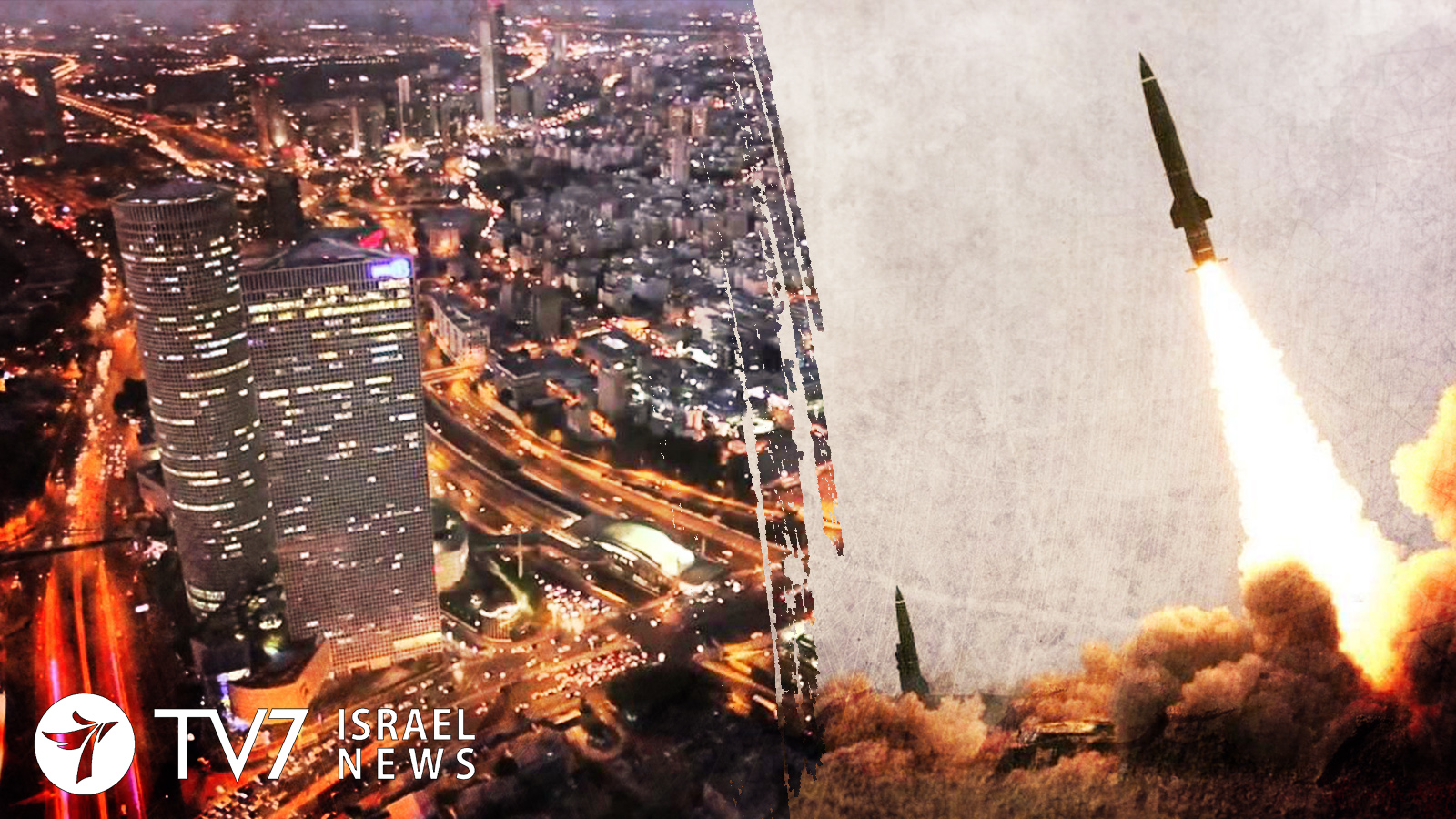The Political Head of the Islamic Revolutionary Guard Corps, Brigadier General Yadollah Javani, vowed to destroy two of Israel‘s main cities, Haifa and Tel Aviv, if the United States were to attack the Islamic Republic of Iran. In a statement that was quoted by Iran’s state news agency IRNA, General Javani claimed that “The United States does not have the courage to shoot a single bullet at (Iran) despite all its defensive and military assets.” He warned, however, that “if (America) would attack (the Islamic Republic), (the Revolutionary Guards) will raze Tel Aviv and Haifa to the ground.” While the United States did not immediately respond to TV7’s request for comment; Prime Minister Benjamin Netanyahu published an immediate televised response from Jerusalem, in which he warned the Ayatollah regime in Tehran that if it would make the mistake of trying to destroy Tel Aviv and Haifa, this year’s celebration of the Islamic Revolution would be the last. According to the Israeli Prime Minister, “I do not ignore the threats of the Iranian regime, but neither am I intimidated by them. If this regime makes the awful mistake of trying to destroy Tel Aviv and Haifa, it will not succeed. However, this would be the last anniversary of the revolution that they celebrate. They should take this into account.” The Israeli leader was referring to the transpiring mega-celebrations across Iran, in which hundreds of thousands of people march to mark the Islamic Revolution’s 40th Anniversary – during which General Javani voiced his threats.
Meanwhile, Iranian President Hassan Rouhani declared the Islamic Republic’s resolve to continue its ballistic missiles program as well as its policy of military expansion across the region – regardless of international opposition. In a public address to hundreds of thousands of Iranians marching downtown Tehran, President Rouhani claimed that the power of the Islamic Republic has become ‘a wonder to behold’ among the international community. “We have not asked and will not ask for permission for anyone to develop our missile capabilities and we will build a wide range of missiles that include ground to air, air to air, land to sea and ground to ground. We will continue along the path we have chosen, and we will develop our military power.” I also want to share with you that the world has been in awe of Iran’s military power and its capabilities over the last 40 years and especially in the last five years,” he said. The Iranian leader also underscored in his address that the Islamic nature of the Iranian revolution has provided the necessary guarantees for the Islamic Republic’s success. “The Islamic nature of our revolution is the guarantor of the revolution and of our system. If our revolution had not been an Islamic revolution but an Iranian revolution or a national revolution, then the revolution would not have withstood the threats and the plots aimed against it… Our people will face difficulties in the future, our people currently face difficulties in their daily lives. But by helping each other we will put these difficulties behind us,” Rouhani said.
While the Islamic Republic has begun celebrating the fortieth anniversary of its revolution this week, Tehran’s Foreign Minister held an official visit to Israel’s northern neighbor, Lebanon – where he met with Iranian-backed groups and Beirut’s leadership. Foreign Minister Mohmmad Javad Zarif held separate meetings with the Secretary-General of Tehran’s Lebanese-proxy Hezbollah, Hassan Nasrallah, and with the Secretary-General of the Palestinian Islamic Jihad, which operates alongside the Islamist Hamas organization in the Gaza Strip, and openly aspires to bring-about the annihilation of the Jewish state. It is important to note that according to Israeli security officials, the Islamic Jihad has lobbied Hamas to pursue a more aggressive approach against Israel. It has also claimed responsibility for most of the rocket-fire emanating from the Palestinian enclave toward Israel’s southern communities in recent months – a fact that has bolstered Iranian-support for the internationally recognized terror organization. After meeting with the leaders of Hezbollah and the Islamic Jihad, Minister Zarif held meetings with members of the newly established Lebanese government, in which Iranian-backed politicians have made significant power gains. The growth of Tehran’s influence in Beirut has motivated Iran to increase its cooperation with the Lebanese government and army, a sentiment clearly voiced by the visiting Iranian top diplomat. The Iranian Foreign Minister was quoted as saying, “I want to assure one more time that the Islamic Republic of Iran is completely ready to cooperate with the Lebanese government and army in any field Lebanon sees it as useful and vital to cooperate with Iran in; and if this happens, Iran will study the possibilities and capabilities in that field and take the appropriate decision.”
